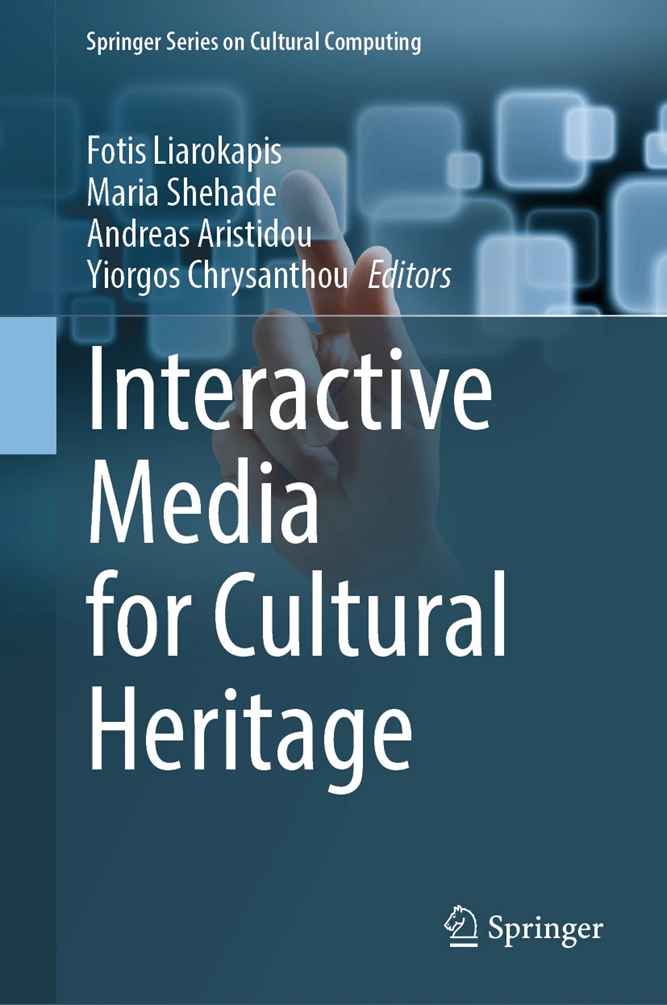Artificial intelligence tools are
changing the teaching profession as educators use them to help write quizzes
and worksheets, design lessons, assist with grading and reduce paperwork. By
freeing up their time, many say technology has made them better at their jobs. A
poll released Wednesday by Gallup and the Walton Family Foundation found 6 in
10 U.S. teachers working in K-12 public schools used AI tools for their work
over the past school year, with heavier use among high school educators and
early-career teachers. It surveyed more than 2,000 teachers nationwide in
April.

Respondents who use AI tools
weekly estimate they save them about six hours a week, suggesting the
technology could help alleviate teacher burnout, said Gallup research
consultant Andrea Malek Ash, who authored the report. As schools navigate
concerns over student abuse of the technology, some are also introducing
guidelines and training for educators so teachers are aware of avoiding
shortcuts that shortchange students. About 8 in 10 teachers who use AI tools
say it saves them time on work tasks like making worksheets, assessments,
quizzes or on administrative work.
More information:
https://apnews.com/article/ai-chatgpt-teacher-chatbot-b1630bc549e9044d1e3bbcc060fb422c





